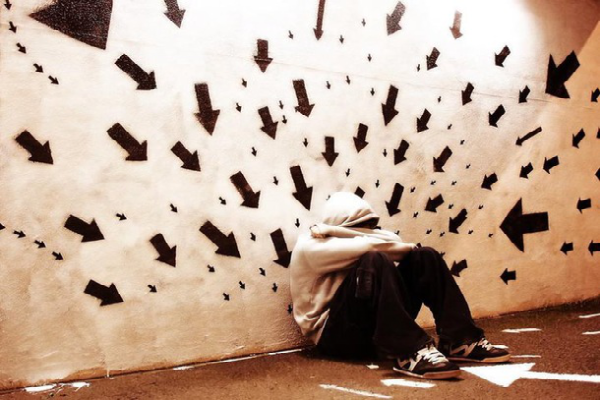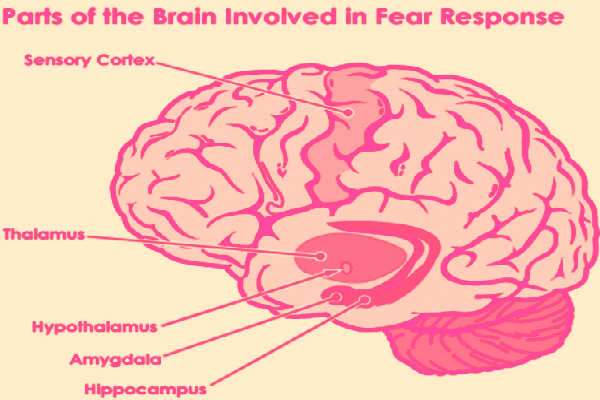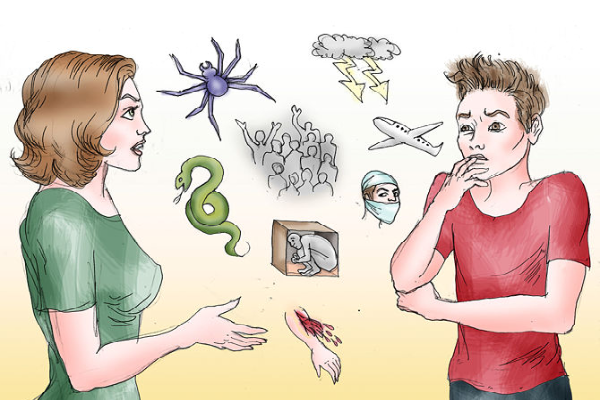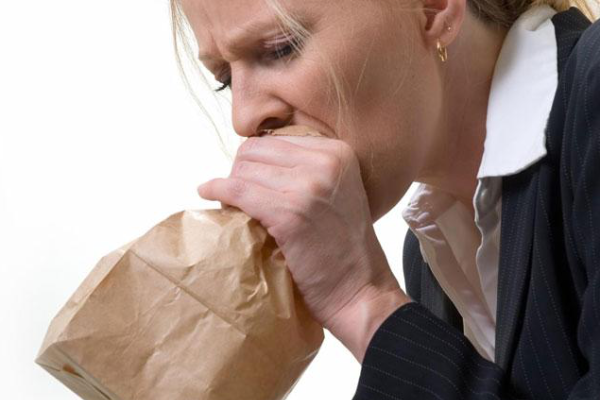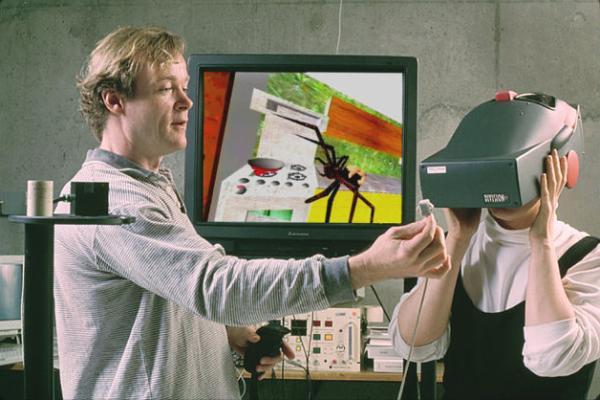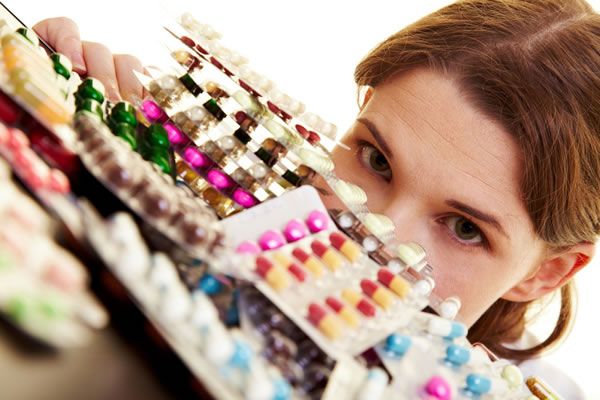Definition
Lasting between 5-20 minutes, panic attack is a serious anxiety disorder where the patient goes through a series of episodes or intervals of acute discomfort, fear, nervousness, or distress. Panic attacks bring about unpleasant physical symptoms paired with an intense feeling of fear and doubt. They could impede the patient’s normal life even though they last for short periods of time.
Causes
- Generational panic disorders
- Intense stress due to life situations like employment loss, relationship break-up, death of a close person, etc.
- Life transitions such as delivering a baby, getting married, entering a new workplace, graduating from university, etc.
- Depression
- Social abuse or childhood abuse
- Anxiety in a certain set of circumstances
- High alcohol or drug usage
- Medical conditions like heart diseases such as mitral valve prolapse, hyperthyroidism, asthma, hypoglycemia, etc.
- Specific medications like asthma medicines and a few steroids
- Withdrawal of medications
- Stimulants like caffeine, cocaine, amphetamines, etc.
- Nutritional deficiencies like magnesium deficiency or zinc deficiency
- Food dyes or food additives such as aspartame
Symptoms
- Phobic avoidance (avoiding places or circumstances that you believe have caused a panic attack previously)
- Palpitations (racing heartbeat)
- Anticipatory anxiety (fear of fear)
- Agoraphobia
- Nausea and stomach upset
- Chest pains
- Shaky body
- Sense of hopelessness and lack of control
- Fear of death and going crazy
- Embarrassment and fear of being embarrassed
- Shortness of breath
- Hot flashes or chills
- Sweating
- Depersonalization or derealization
- Feeling of choking
- Feeling weak or dizzy
- Numbness
Do it yourself
- Avoid alcohol, nicotine, and caffeine: These are not only harmful for your overall health, but also agitative elements for your panic attacks. Apart from coffee, alcohol, and cigarettes, you should also avoid stimulants like cold medications (non-drowsy) and diet pills
- Rebreathe: Rebreathing into your cupped hands or a paper bag helps a lot if you’re hyperventilating. Rapid breathing usually causes the carbon dioxide level in your blood to lower down. This may make you feel dizzy. Practice rebreathing for at least 10 times then continue normal breathing for 5 seconds. Repeat until you recover from hyperventilating
- Know about panics: Reading about panic disorders, anxiety, etc., will keep you informed about the symptoms and sensations experienced by a panicked person. This will eventually assure you that the symptoms are common and you aren’t acting strange
- Execute relaxation: Relaxation is a response that is opposite to the stress response occurred during a panic attack. Progressive muscle relaxation, meditation, walking, deep breathing, yoga, etc., help to stimulate the relaxation response. Besides, they also help to promote composure and calmness in you
- Exercise: Regular exercise greatly helps to supercharge your general wellbeing
- Face the situations: Learn to boldly confront situations where you are inclined to receive panic attacks. Soon the symptoms will start to weaken and you’ll retrieve your confidence level
- Ignore your negative feelings: Concentrate on what is happening around you or what others are saying rather than digging deep inside your own negative feelings which may rise up during panic attacks. Assure yourself that the symptoms will fade away and the attack cannot harm you
- Eat on time: Skipping meals won’t help you. Eat from time to time to maintain your sugar levels and keep them stable
Therapies
- Exposure therapy: It is a great way to cope up with your fears in life and attain an outstanding sense of control over your negative feelings and panics. You are exposed to your specific fears or phobias in a controlled and harmless setting, allowing you to face them with courage and confidence until the fear fades away
- Anxiety disorder therapy: It is much related to a panic attack therapy though it specifically treats people with anxiety. Panicked patients could use this as the starting phase of therapeutic treatment
- Cognitive behavioral therapy: It helps to look at your panics with a more realistic vision. Concentrating on the thinking behaviors and patterns, it aids to infix the belief that nothing calamitous or unfortunate is going to take place. This therapy is proved to be the most effective in treating agoraphobia and other panic disorders
Medications
- Benzodiazepines: Though these are quick and effective medications to relieve from panic attacks, they should be cautiously administered due to their highly addictive feature. You could have serious withdrawal problems after their continuous use
- Antidepressants: These are slow curatives and so, you may have to take them on a regular basis apart from while facing a panic attack
